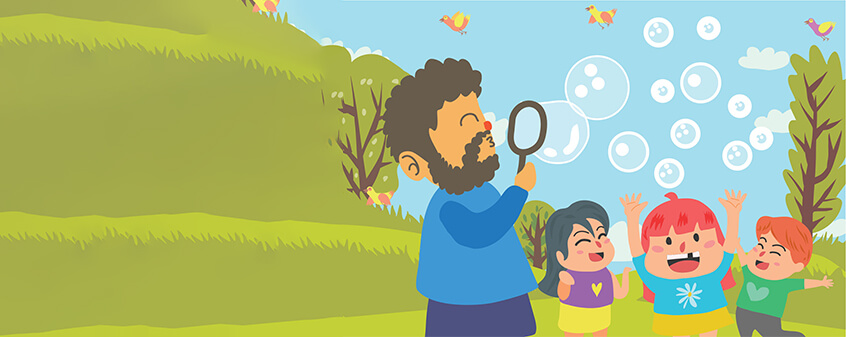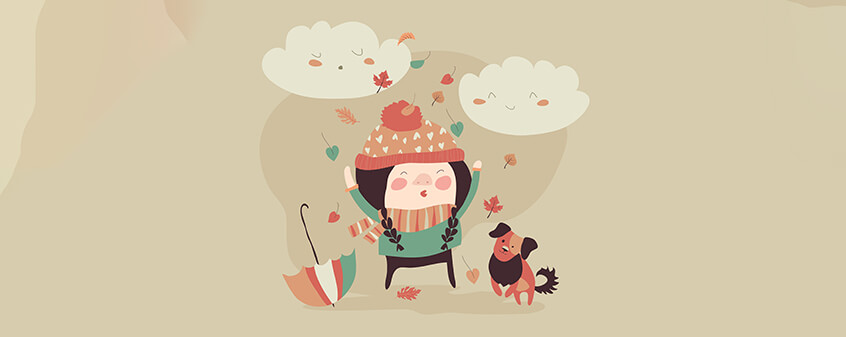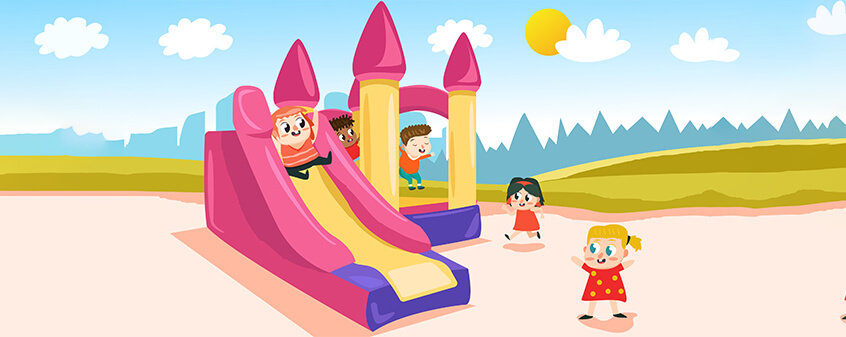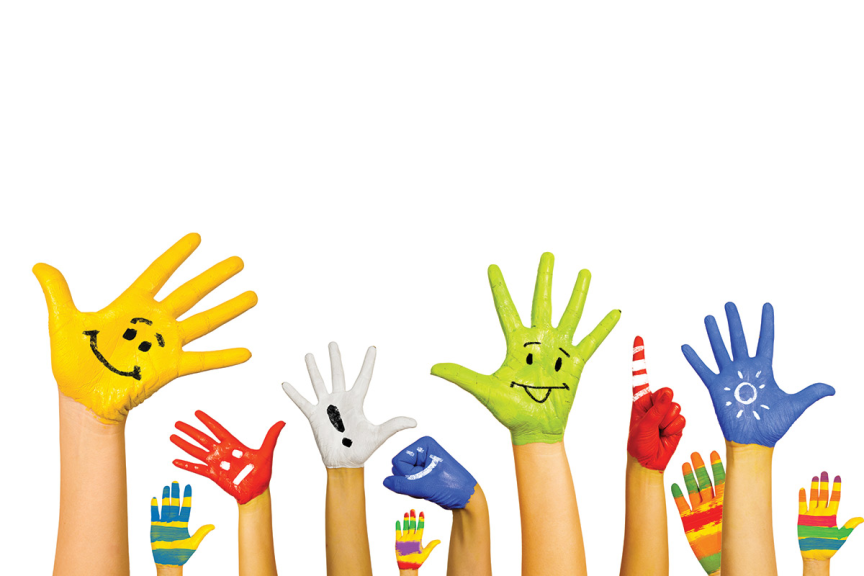Are you still following your child around worrying that they might stain their clothes? Do you forbid playing outside because they might get dirty? Do you see germs and infections in every step they take? Are you trying to keep friendly dogs and cute kittens away because they might be carrying diseases?
Every child starting from a young age loves to play in an open space making sandcastles and playing in muddy puddles. Your child needs to be active, run around and feel happy outside. When they come home with stains on their clothes they feel guilty about activities that make him/her happy. You cannot replace that happiness with clean clothes or indoor activities. Let friendly animals approach your child. They won`t harm him/her, because by keeping animals away you teach your child to do the same.
When children are allowed free, unstructured playtime in the great outdoors, it may greatly help to relieve stress and anxiety. Since stressors abound for kids between schoolwork, social issues and all of the other struggles that accompany growing up, some stress-relieving playtime is crucial. They’ll be happier! Not only has playing in the dirt been found to boost children’s moods, one look at the smiling face of your child as they run barefoot through the sand tells you this exact thing: Playing in the dirt is fun!
The immune system needs to be trained to fight against bacteria, microbes, parasites, toxins, viruses, etc. Our immune system is somewhat the same as the muscular system. To stay fit, you have to exercise. The same way you need to train your immune system to stay away from diseases. Now, the question comes on how do we train our immune system? The dirt you keep your children away from contains many sorts of healthy microbes, and when kids are exposed to them it strengthens their immunity. It helps them to prevent chronic diseases like Asthma, Allergies, Type 1 diabetes, multiple sclerosis, inflammatory bowel disease, and obesity.
There have been many kinds of research done on the fact that dirty kids are happier even more active and smarter.
“In studies of what is called the hygiene hypothesis, researchers are concluding that organisms like the millions of bacteria, viruses and especially worms that enter the body along with “dirt” spur the development of a healthy immune system. Several continuing studies suggest that worms may help to redirect an immune system that has gone awry and resulted in autoimmune disorders, allergies, and asthma.
These studies, along with epidemiological observations, seem to explain why immune system disorders like multiple sclerosis, Type 1 diabetes, inflammatory bowel, asthma, and allergies have risen in developed countries.”
What a child is doing when he puts things in his mouth is allowing his immune response to explore his environment, Not only does this allow for ‘practice’ of immune responses, which will be necessary for protection, but it also plays a critical role in teaching the immature immune response what is best ignored.
The immune system is largely developed during early childhood, affecting the prevalence of sickness, allergies, and asthma. Who grow up on a farm or in large families have stronger immune systems.
Later in life, kids exposed to these kinds of germs are less likely to experience chronic respiratory illness or autoimmune diseases, including sclerosis.
Mamma’s So don’t exaggerate about hygiene. Let your child’s immune system harden. We all have only one childhood.
Don’t worry mummas we are happy to get dirty in soil and muddy puddles! Regards,
Savyam NK Batra
IGCSE -5B








